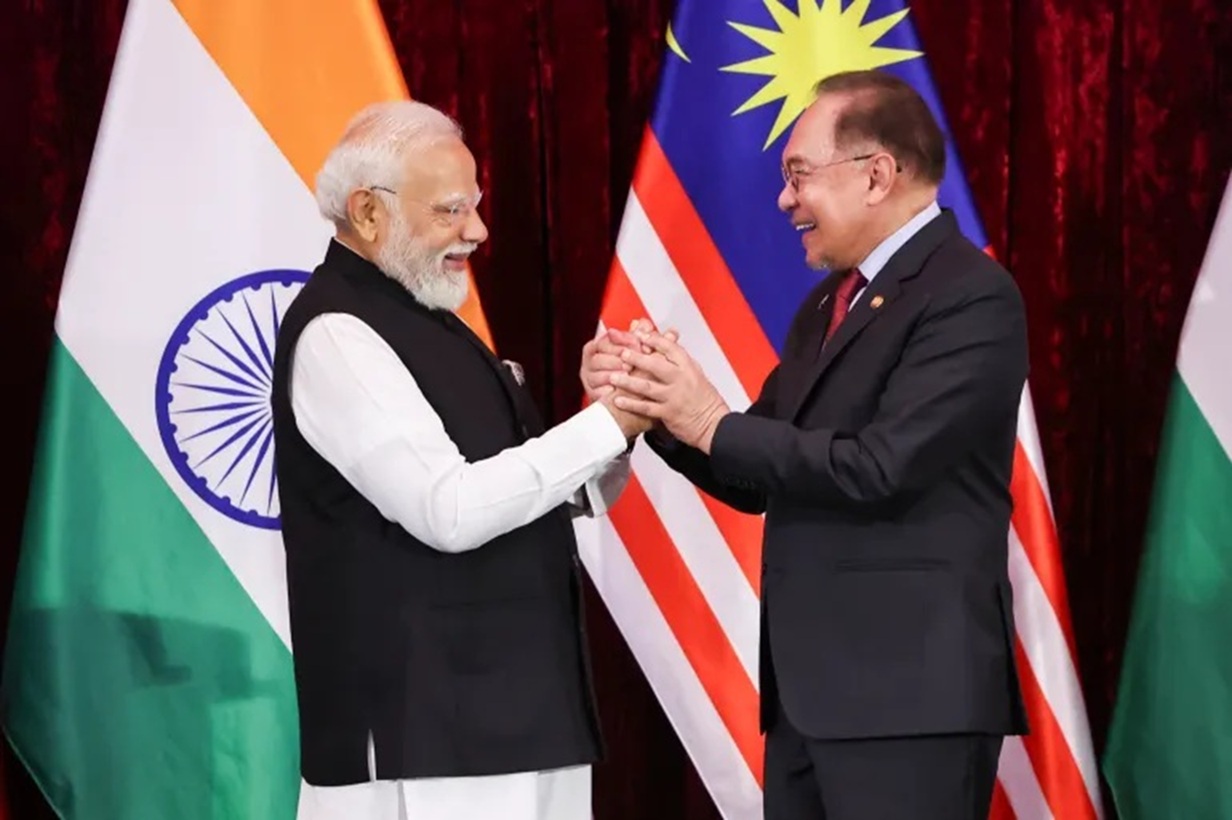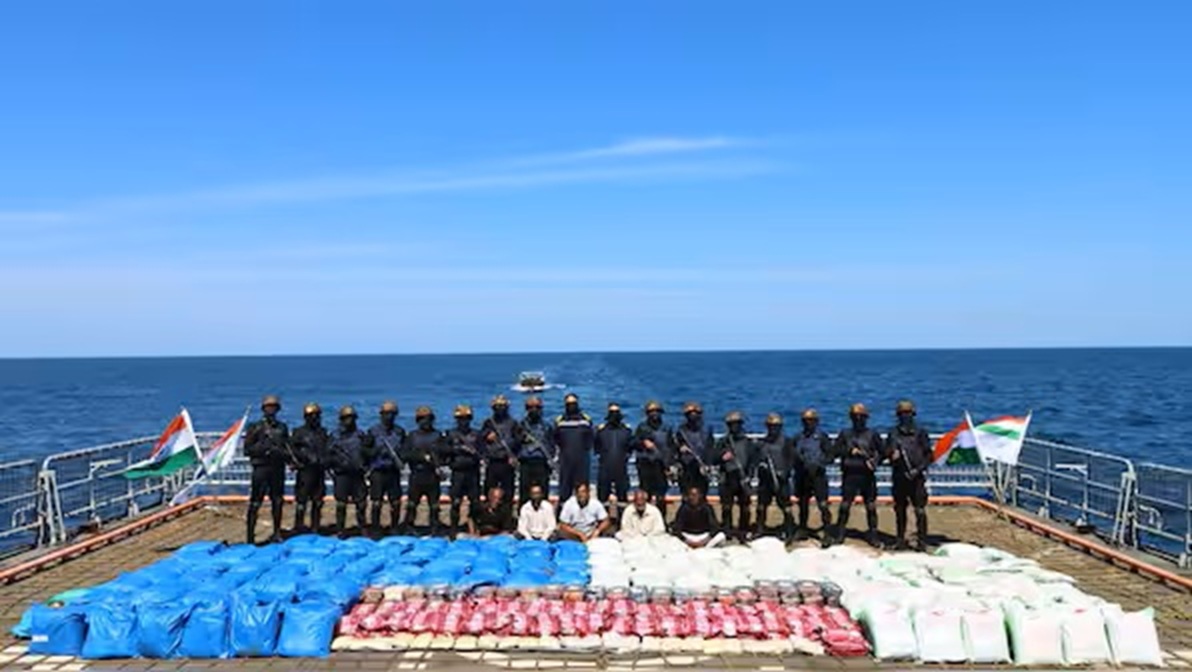The Hamas attack on Israel that has shocked the world has given a completely new orientation to the politico-military dimensions of the ongoing conflict. Global terrorism is back on the centre stage in the geopolitical space.
One of the biggest threats to global societal peace in the 21st century is terrorism. Terrorism exists in multiple forms and manifestations. Its origins date back to the time of the First World War in the form of the terror attack perpetrated by the Black Hand terror group that assassinated Archduke Francis Ferdinand in 1914, the heir apparent to the Austro-Hungarian throne. The notion of terrorism has acquired the attention of almost all major nation-states on Earth in one form or the other. However, this has reached a critical dimension with the egregious attack by the Hamas terrorist group on Israel. In this context, it becomes necessary to understand the dimensions and issues involved.
The Nature of the Terror Attack
The terror attack perpetrated by Hamas took place on October 7, which was a national holiday in Israel as it was one of the holiest months in the Judaic calendar-Yom Kippur festival. The terror attack targeted a musical festival and the cities in the Southern part of Israel bordering Gaza. It is the quintessential example of what in military science is called the strategy of “Shock & Awe” which was carried out by the Americans during the second Gulf War in 2003. The attack involved invasion by successive barrages of rapid rocket fire, Para-gliders swooping in, explosive drones & rapid infantry involving heavily armed trucks & cars. The casualties were immense on the Israel strike. The Hamas terror organization aimed to inflict devastating damage not just in terms of lives but also destroying the morale of the Israelis. Hamas was, unfortunately, successful in this context. This is what Dr Steven Pinker in his book The Better Angels of Our Nature calls psychological warfare.
Warfare Redefined
Warfare has been a part and parcel of human society for as long as its existence. With the evolution of human society, the nature of warfare has also changed. The Hamas attack on Israel has redefined the very dimensions of warfare. The attack has personified the notions of proxy war & asymmetric warfare. The scale and intensity of the attack demonstrate the fact that the level of preparedness and financial base of the attack was very strong and Hamas couldn’t have carried it out alone. A report in a leading Indian newspaper has clearly shown the massive and intricate financial network the Hamas terror network has developed over the years. Iran, Syria and Lebanon have been suspected to have actively aided the sponsorship of the attack. Iran has openly supported Hamas’ attack on Israel despite denying any involvement in the terror attack whatsoever. The very nature of proxy war involves the weaker adversary using covert means to weaken the foe or rival, sponsoring terror groups, financing & training is an integral part of that exercise. It has also changed the very contours of asymmetric warfare. The scale of the attack shows the level and nature of the threat non-state actors like Hamas and other terror groups pose to countries.
Need to Change Attitude on Terrorism
The loss of lives on both sides of the conflict has shown the threat posed by terrorism. Terrorism knows no religion, no boundaries and no limits. The scale and brutality of the terror strike has shown that terrorism is far from over. While the world has become much more peaceful compared to previous centuries, old problems and threats persist. One such threat is terrorism. There is a strong need to identify the common dimensions of terrorism.
The first thing in this regard is to develop a commonly acceptable definition of terrorism, while this may appear far too idealistic in world affairs driven by realpolitik, a consensus needs to be evolved. Next is to name and shame the perpetrators of terrorism, particularly states like Pakistan, Iran, and Myanmar etc who use terrorism as a tool to achieve their geopolitical goals. Mere moral platitudes wouldn’t suffice; cracking down hard on terror networks by freezing funds, blacklisting terror groups, and imposing sanctions on terror states is the need of the hour. A key part of this includes regulating the crypto-currency ecosystem that has evolved. The G20 finance ministers’ consensus on strictly regulating the crypto-currency system and not outrightly banning it is a step in the right direction. Lastly, societies and institutions everywhere have to come together to eliminate the threat of terrorism root and branch, all measures must be undertaken in this regard must be undertaken without any further delay.
Disclaimer: The views and opinions expressed by the author do not necessarily reflect the views of the Government of India and Defence Research and Studies
Title image courtesy: Yetkin





